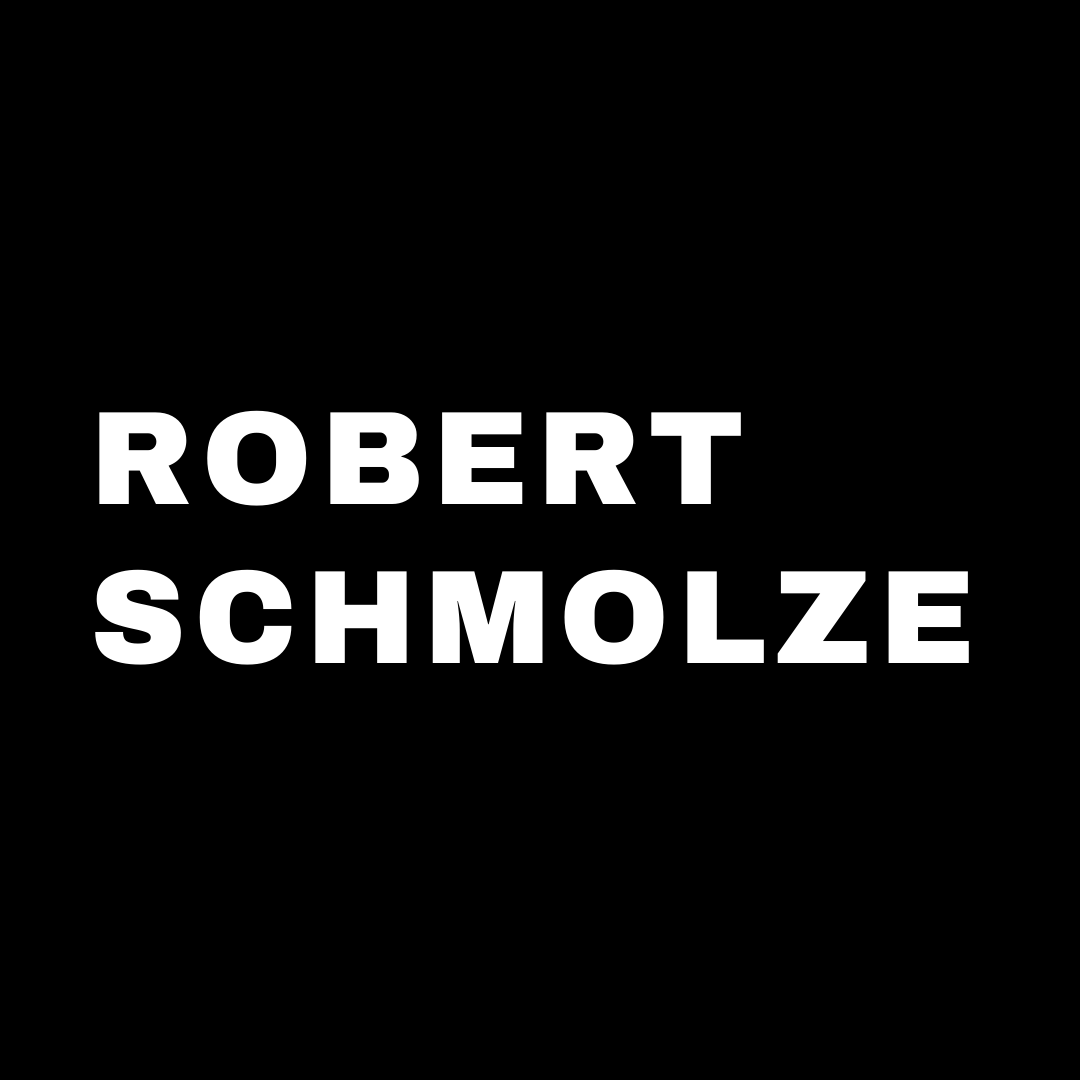“Tell Me Something About Yourself” Tips
- Start by connecting personal strengths to supporting examples.
- Focus on details and outcomes you can quantify.
- Avoid summarizing your resume word for word.
- Mention past experiences and proven successes.
- Align your current job responsibilities to the role.
- Avoid mentioning personal information related to your marital status, children, political or religious views.
- Highlight your personality.
- Avoid rushing into deeper conversations about the role and company.
- Connect your skills to the job description.
- Briefly mention hobbies, intellectual development and community involvement.
Open-ended questions like “Tell me about yourself” are frequently asked at the beginning of in-person or video interviews to get the conversation started. Other examples include “Walk me through your resume,” “Tell me something about yourself that’s not on your resume” and “How would you describe yourself?” It’s natural to be thrown by these kinds of questions: they are ambiguous, and it can be hard to identify what the interviewer really wants to know. But there is an opportunity for you in that ambiguity—your interviewer is allowing you to choose how to respond.
In this article, you’ll find tips on what to avoid in your answer, how to structure your response and how you can get started. Additionally, at the end of our article, you will find a detailed “Tell me about yourself” sample answer:
How to get started: Brainstorming the “Tell me about yourself” interview question
Sometimes—even knowing that you should avoid addressing personal information and that your response to “Tell me about yourself” or similar open-ended questions need to be carefully planned—it can be hard to get started. To keep you on track, here are a few questions to ask as you brainstorm ways to respond and structure your answer:
- What qualities make you a great fit for this position?
Think of what makes you stand out as a job applicant for this role. Perhaps it’s your years of experience or some highly desired specialization, training or technical skills. Review the job description closely and note ways that you exceed the requirements. - Why are you interested in the role?
Brainstorm why this position excites you, how it fits into your larger career goals and why you feel it’s the best next step. - Why are you interested in the company or the industry?
After you’ve spent time researching the company and the industry, you should have a better sense of the mission, goals and trends impacting the industry. Do these align with the professional goals that you’ve set for yourself? What do you like and respect about the company as a whole? What excites you about the future of the industry? As you start building your story, tie together similarities among your professional goals, the future vision of the company and industry trends you feel are especially important. - What are the positive traits or characteristics you possess that will serve you well in this role?
For example, have friends or colleagues described you as especially organized? Curious? Entrepreneurial? Generous? Think about how you’ve long thought of yourself or how others have seen you. Then, think of recent examples from your life when you embodied that characteristic.
How to answer the “Tell me about yourself” interview question
How you respond to the “Tell me about yourself” question can set the tone for the rest of the interview. Overall, when you practice your answer, you want to tell a great story about yourself that you can share in no more than two minutes. In your response, do the following:
- Mention past experiences and proven successes as they relate to the position. Begin by rereading the job description. Take note of the required skills that you have, and identify recent stories that demonstrate them (review the STAR method to practice telling great stories in your interviews). Ideally, you should draw primarily from recent professional experience; however, volunteer work can also support your narrative while demonstrating a commitment to your community.
- Consider how your current job relates to the job you’re applying for. Is it a more senior role? If so, explain how you are taking on more responsibilities in your current position. If you are making a lateral transition to a role with different skills, describe how your current skills translate into the new position.
- Focus on strengths and abilities that you can support with examples. When you start building the script of each example, focus on details and outcomes that you can quantify if possible. For example, stating that you “improved customer service” is less impactful than “increased customer service response rates each quarter by 10–15%.” If you don’t have the exact information, estimate a realistic value.
- Highlight your personality to break the ice. Because the “Tell me about yourself” interview question is about getting to know you, it’s a good idea to share your personality with your interviewer—but not personal details. You may want to briefly mention hobbies that demonstrate intellectual development and/or community engagement (e.g., reading, music, sports league, volunteering) or those that showcase personal discipline and achievement (e.g., learning a new skill, training for a half marathon). Discussing personal interests is a good way to wrap up your response while maintaining a professional tone.
“Tell me about yourself” example response
Sometimes seeing an example can be helpful, though each person’s “Tell me about yourself” answer will be different. Below is a short script showing how this question can highlight someone’s strengths supported by successful results in just under two minutes:
“I began my career in retail management, but a few years ago, I was drawn to the healthcare space. I’ve always been skilled at bringing people together and working towards common goals. My experience successfully leading teams and managing stores led me to consider administration, and I’ve been building a career as a driven health administrator for the last four years.”
“In my current role at XYZ Medical Center, the efficiency of the office has been a personal focus—especially as it relates to patient outcomes. I set and oversee goals related to department budget and patient volume. Last year, I worked with our IT department to implement a communication system for scheduling procedures and protocols to ensure that all departments were adequately staffed at all times. With our new online scheduling portal, we increased communication efficiency by 20%. To stay informed about their ongoing concerns, I hold regular meetings with physicians, nurses and other healthcare staff. In my role, I also manage marketing and advertising efforts on behalf of the Center. I’ve been really enjoying that part of my work and I’m especially interested in bringing the experience I’ve gained as well as my commitment to efficiency to the team at ABC Health. Outside of the office, I’m an avid reader and I love to hike. On weekends, you might find me at the local bookstore or exploring hiking trails in the area.”
Fundamentally, “Tell me about yourself” really boils down to “What do you want the interviewer to remember about you?” Answering this opening question effectively gives you the power to make a good first impression and structure the rest of the interview to your benefit.
Things to avoid
In answering the “Tell me about yourself” interview question, there are a few important tips about what to avoid. If you are not prepared, there is a risk that your answer will become rambling and incoherent. This may undermine your chance at the position. Here are a few things to remember when you begin building a script for your response:
- Avoid mentioning personal information such as marital status, children, political or religious affiliations, etc. These can be highly sensitive topics that might work against you as a candidate, not to mention such details should not be factors for the employer in determining your ability to perform the job.
- Don’t list multiple, vague strengths without supporting examples. Instead, you may want to choose two or three qualities about yourself. Support each with short, polished stories that can be supported by your work experience.
- Don’t summarize your resume word for word. Instead, discuss high points that are relevant to the position.
- Don’t rush into conversations regarding what you’re looking for in the role or how the company can benefit you—save such topics for the final stages of the interview process when they are “sold” on you as a candidate and you have more leverage.



